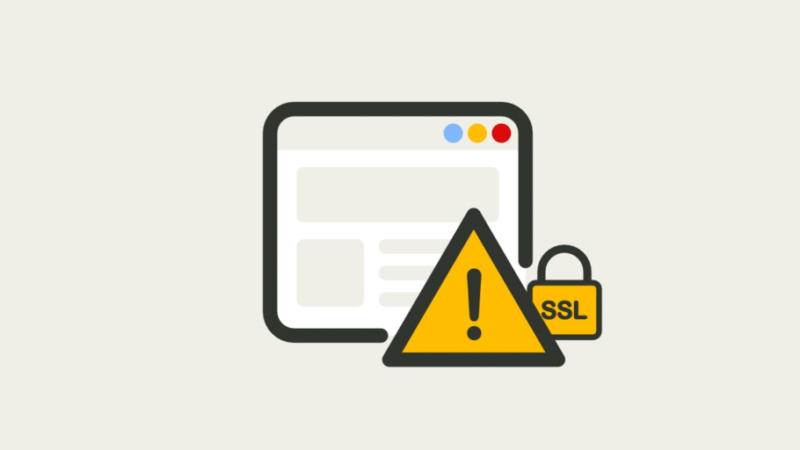How to Beat Financial Stress That Affects Your Mental Wellbeing
Dealing with stress from finances is common for a lot of people. And when the economy is suffering, that only exacerbates the situation.
You may be feeling overwhelmed with looming bills and paying off your mortgage. It seems as if you’ll never get caught up on your bills and that your situation won’t change.

Instead of allowing negativity to loom over you, it’s time to take baby steps. Your financial woes may not improve overnight. But by taking strides to change that, at least, you’ll be going in the right direction.
Here are five ways to improve your mental wellbeing when you’re feeling stressed out about money. Follow these tips, and relieve the financial stress that’s weighing you down.
1. Figure Out Your Biggest Money Challenges
It’s hard to know where to start if you don’t know which areas need the most of your attention. For starters, write down where that stress is coming from.
It could be you’re in a lot of debt and need to pay off your credit cards. Or, you’d like to save for retirement but aren’t making enough to do so. Write down your top two challenges to start with, so you don’t get overwhelmed.
After figuring out what to work on first, set some goals. This should relieve you of some of your anxiety because you’ll know where to start.
2. Be Grateful
Practicing gratitude when you’re stressed out about your finances may seem counter-intuitive. But when you think of those who may be worse off than you, it puts things into perspective.
Even if you may be in a lot of debt, you can be thankful that you have a job. Many people may be struggling to find work and owe a lot of money.
At least you have steady work and are taking strides to pay off your debt. Remember that next time you’re feeling stressed out.
And also remain thankful for the little things, such as having a roof over your head and clothing in your closet.
3. Spend Less on Insurance
If you want to cut back, consider looking for more affordable insurances. Or, tweak the current plan you’re on to better suit your budget.
Car Insurance
It’s possible you’re paying a premium for your car insurance when you could be paying a lesser amount. If that’s the case, shop around for car insurance that’s more in your budget!
To keep your auto insurance costs down, here are a few more things you can do:
- If your car is older, reduce its coverage.
- Ask your car insurance company for a higher deductible.
- Be a safe driver to lower your insurance rates.
- Downsize to a smaller car (larger vehicles cost more)
Health Insurance
There are ways to cut back on your health insurance too!
If you’re young and don’t have many health issues, select a plan with a higher deductible. That way, you won’t be spending hundreds of dollars on your health insurance each month.
If you do have serious health conditions, it’s wise not to skimp on your health insurance. But if you can cut back, it can help ease some of the financial pressure you have from paying expensive bills.
4. Create an Emergency Fund
Putting money into an emergency fund is the last thing on your mind if you’re struggling. How are you supposed to sock away money when you can’t even make ends meet?
But believe it or not, saving money comes in handy when things come up. Even if you may pay off your debt now, you never know what may happen in the future.
You may have unexpected car expenses or a health bill you need to pay. Having some money saved up can save you when you’re in a bind.
Start by putting a small amount into a savings account each month and watch it build. Even if you can only afford $50 a month, that’s better than nothing!
5. Keep Track of Your Progress
After your goals and plans are in place, keep track of your progress. Not only will this help you stay accountable, but you’ll recognize your hard work.
Even if feels as if it’s taking forever, pretty soon, those steps will help you achieve your goals!
To keep track of your progress, download an app that shows the debt you’re paying off. Or, write it down in a binder to view everything that way.
However you decide to track your progress, it’ll feel amazing when you make some headway!
In Conclusion
Even though everything seems challenging at the moment, hold onto hope. You’re doing everything you can to improve your finances, so stop beating yourself up.
You can’t dwell on past mistakes or wish your circumstances were different. All you can is look towards the future and stay positive. And, of course, take action by creating a plan!
In time, following through with your goals will improve things. Your mental health is vital, so follow these tips and relieve your financial strain!

![DNS_PROBE_FINISHED_BAD_CONFIG [Solved]](https://teatimeflip.com/wp-content/uploads/2021/02/DNS_PROBE_FINISHED_BAD_CONFIG-800x450.jpg)


